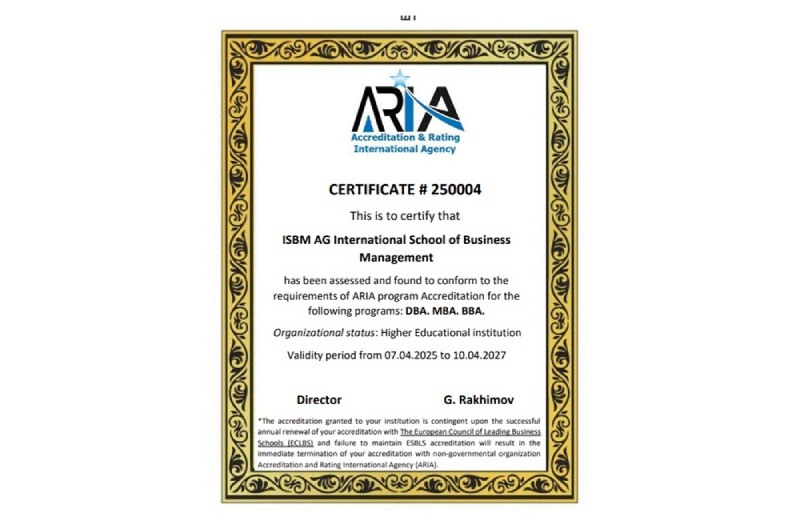In light of the effects of the coronavirus on economic activities, there is renewed interest in assessing the economic impact of the 1918 influenza pandemic. While the impact of the coronavirus has already been felt in all sectors of the economy, businesses might want to take a cue from the 1918 pandemic that ravaged the economy and left many dead. Although there were reports of mixed results across industries due to the 1918 influenza pandemic, however, the economic effects were relatively short term and businesses soon began to recover and did well after that.
People still want to be entertained
According to the Financial Times, in November 1918, the Palladium theatre dealt with the Spanish flu outbreak “very thoroughly — not only was an ozone ventilating system installed . . . but a spray of the strongest germ killer was used all over the theatre between each performance. The public seems to have grasped this fact, for business has been very good during the past week.”
This is not true of today’s pandemic, concerts are being cancelled, events are postponed till further notice, boxers, athletics, and footballers are playing to empty stadiums. Though, in today’s world, there are technological advancements that make these events accessible virtually, however, this upsets human nature and no matter how much the virus lingers, people would break free and go out.
Diversify
This is a time to diversify and not panic. Businesses need to stay well-diversified during this period, even though there might be short term losses, the economy/market would eventually recover. For example, during the 1918 pandemic, the healthcare industry fared better than the entertainment and services industries.
According to Andrew Lo, professor of finance at MIT, “In the short run, if you need cash, and you need to be able to put money to work, you will need to preserve your capital. But in the medium and longer run, there is going to be a recovery, so you need to examine your goals, your particular constraints and resources, and do not panic.”
Businesses must identify and prioritize revenue opportunities
Learn and embrace the future of work
The influenza epidemic of 1918 didn’t result in this level of economic shutdown, however, the layoffs and changes to people’s working lives we’ve already felt have surpassed anything in our previous understanding.
Businesses must now embrace what the futurists have already foreseen would be the future of work – where digital communication and collaboration tools are being used to complete tasks remotely and manufacturing is being taken over by robots. Facebook for instance now lets employees work from home till 2021.
The way we used to do business is fast changing and organisations must keep up and adapt quickly for the survival of their businesses – this is the new normal.
More updates from the Startup Fortune platform can be found on their instagram at: https://instagram.com/startupfortune
Topics #1918 Influenza pandemic #COVID-19 #Startup Fortune









